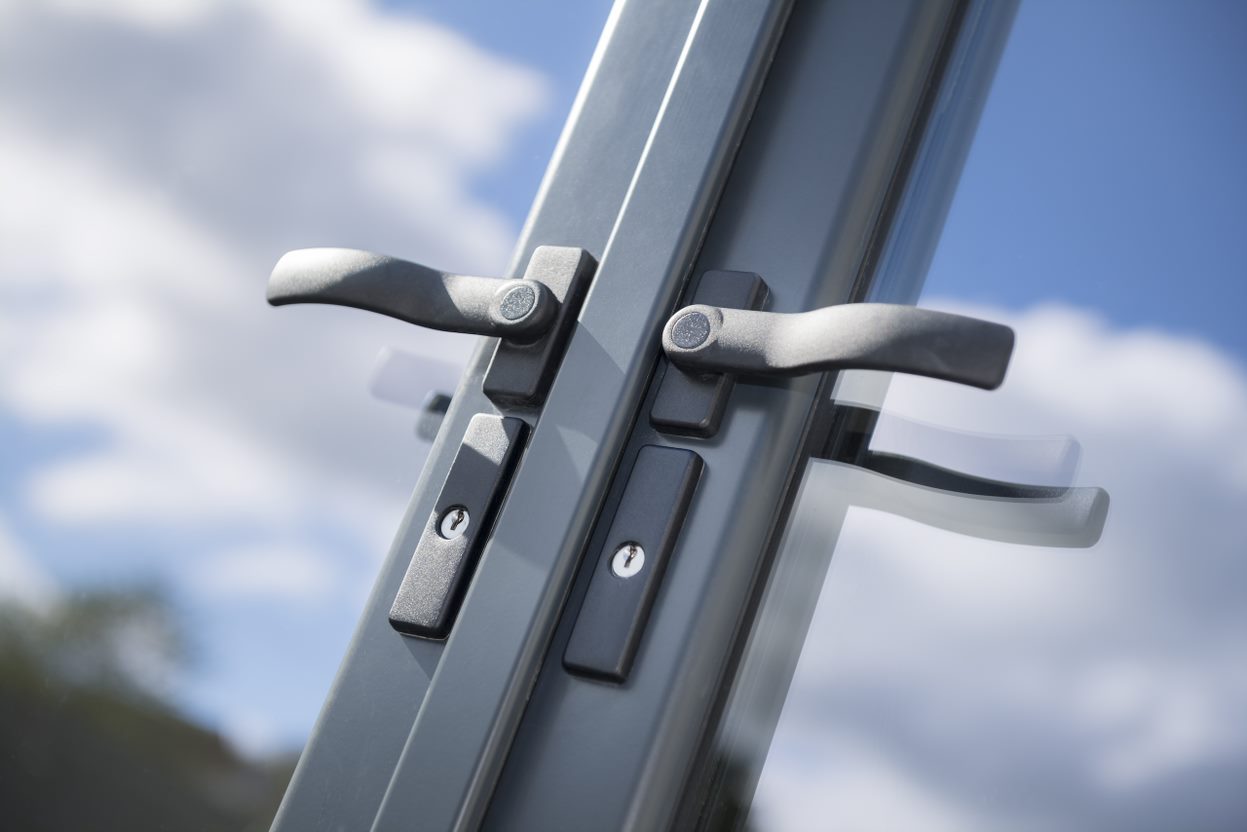It's The Perfect Time To Broaden Your Door Handle Fixer Options
Door Handle Fixer: A Comprehensive Guide to Repairing, Replacing, and Maintaining Door Handles
Door handles play an important role in the function and visual of any entryway. Though often neglected, a malfunctioning or broken door handle can interfere with daily activities, compromise security, and diminish the total appearance of a home or organization. Luckily, lots of door handle issues can be solved easily with a little bit of understanding and the right tools. This article will provide a thorough overview of how to fix, change, and maintain door handles, making sure that both performance and design are preserved.
Comprehending Door Handle Mechanisms
Before delving into repair strategies, it's important to acquaint oneself with the different types of door handles and their systems. The primary kinds of door handles include:
- Lever Handles – Common in residential and commercial settings, lever handles are easy to operate and can be installed on any door.
- Knob Handles – Traditional and trendy, knobs can be found in different styles and materials but can be more challenging to grip, specifically for individuals with minimal hand strength.
- Pull Handles – Typically discovered on moving doors and cabinets, pull handles require direct pulling to open.
- Touchless handles – Increasing in appeal due to hygiene concerns, these handles permit users to run the door without physical contact.
Each of these handle types can experience wear and tear, leading to issues like looseness, trouble in turning, or complete damage.
Common Issues with Door Handles
Door handle problems are often simple to detect. Here are some common issues you may experience:
- Loose Handle: Over time, the screws holding the handle in location can end up being loose, leading to instability.
- Sticking Handle: This can arise from misalignment, dirt build-up, or rust.
- Broken Handle: Physical damage can result in finish breakage, needing more comprehensive repairs or replacement.
- Lock Malfunction: Issues with the lock or lock cylinder can also affect the performance of the door handle.
Tools and Materials Needed
If you prepare to tackle door handle repairs or replacements, having a well-equipped toolbox is vital. Below is a list of the basic tools and materials you may need:
Tools:
- Screwdrivers (Phillips and flat-head)
- Allen wrench (if required for your specific handle)
- Plumber's grease (or silicone lube)
- Pliers
- Level
- Measuring tape
Materials:
- Replacement handle and hardware (if applicable)
- Wood glue or epoxy (for more extreme damage)
- Cleaning materials (like vinegar and fabrics)
Step-by-Step Guide to Fixing Common Door Handle Issues
Fixing a Loose Door Handle
- Recognize the Screws: Most door handles will have screws that can either be accessed from the back of the handle or through a noticeable screw on the shaft.
- Tighten up Screws: Use a screwdriver to tighten up the screws firmly. If www.repairmywindowsanddoors.co.uk feels removed, consider changing the screws.
- Reconsider Functionality: Ensure the handle operates efficiently and doesn't wobble.
Fixing a Sticking Handle
- Examine the Alignment: Check if the handle is misaligned with the latch or the door frame. Change as essential.
- Tidy the Area: Remove any dirt or particles around the handle and latch mechanism using a tidy cloth.
- Lube: Apply plumbing technician's grease or lube to the handle mechanism, guaranteeing smooth operation.
Replacing a Broken Handle
- Remove the Old Handle: Use a screwdriver to get rid of screws protecting the handle, then gently pull it away from the door.
- Set Up the New Handle: Position the brand-new handle in location and ensure it lines up with the latch. Protect it with screws.
- Test: Confirm that the handle operates correctly and the door can open and close smoothly.
Maintenance Tips to Prolong Door Handle Life
Appropriate maintenance is essential to extending the life-span of door handles and ensuring they function properly. Here are some maintenance tips:
- Regular Cleaning: Dust and particles can interfere with the handle's operation. Regularly clean down handles with a wet fabric.
- Lubrication: Every couple of months, apply lubricant to moving parts to avoid sticking and rust.
- Tighten Screws: Make it a routine to examine the screws on handles periodically to guarantee they are protected.
- Examine for Wear: Regularly inspect handles for signs of wear or damage. Address any issues right away to prevent more complicated repairs later on.
FAQs
1. How do I understand if I need to replace my door handle?
If you've tried to fix the handle and it continues to breakdown, or if it is significantly damaged (broken or broken), replacement is advised.
2. What should I do if the handle will not come off?
Sometimes, paint or rust can seal a handle in location. Attempt lubricating the screws and carefully tapping the handle with a mallet.
3. Can I set up a brand-new door handle myself?
Yes, setting up a new door handle is normally an easy DIY task, as long as you have the right tools and follow the maker's instructions.
4. How do I match a brand-new handle with an existing door?
Make certain to take measurements of your existing handle and the door cut-out. Consult home enhancement store personnel for suitable alternatives or think about online resources for matching styles.
5. Is there a professional service for door handle repairs?
Many locksmith professionals or hardware shops use repair services for door handles, particularly if you prefer not to DIY.
A door handle is more than simply a functional component of a door; it is a critical element of security, ease of access, and design. By understanding common issues, arming oneself with the correct tools, and following a simple guide, most people can manage their door handle repairs and maintenance effectively. Regular maintenance and prompt attention to issues can make sure that door handles run efficiently and stay aesthetically appealing for years to come.
